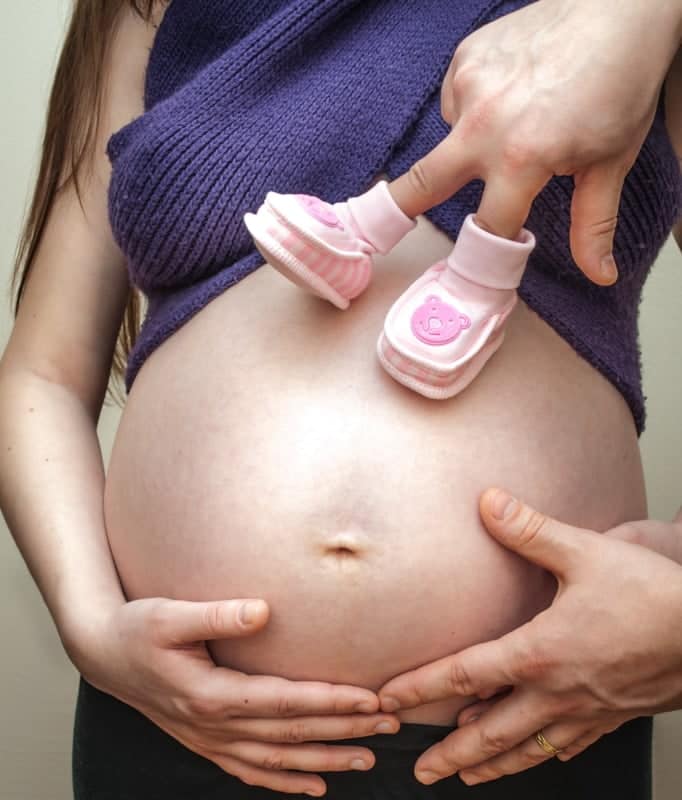Being told you have an ovarian cyst often leaves you with more questions than […]

“Quickening”, or the start of feeling your baby movements happens around 18 weeks of pregnancy – if you are a first time mother, this may happen later at around 20 weeks; if this is not your first baby, you may start feeling them earlier.
This depends on how far along you are in your pregnancy. In the beginning you may feel some flutters or mistake them as your intestines rumbling. As your baby grows, you will start being able to distinguish kicks, elbowing and jabs – some can get painful if aimed at your ribs!
Babies have sleep-wake cycles. They sleep for 20-40 minutes (or longer sometimes) where they don’t move, then start moving when they are awake. Some babies are more active during the day, and some more so at night. You may not notice your baby movements if you are busy.
You should get used to your baby’s routine so that you are able to notice anything unusual.
Towards the end of your pregnancy, as there is less space in your uterus for your baby to move around, the type of movements you feel may change or become less forceful/dramatic.
You may start counting them from 32 weeks (earlier if your pregnancy is high risk). You should generally feel at least 10 movements within an hour. There are phone apps available to help you track them. If it is less than that, try drinking water, then lie down on your side with some music, talk to/nudge your baby and focus on counting his/her kicks. If you are still unable to feel your baby movements, contact your gynaecologist.
Being told you have an ovarian cyst often leaves you with more questions than […]
Chronic bloating. Lower back pain. Fatigue that lingers even after rest. These are symptoms […]
Many women live with Polycystic Ovary Syndrome (PCOS) without realising fact from fiction. This […]





Aster Gynaecology © | All Rights Reserved.